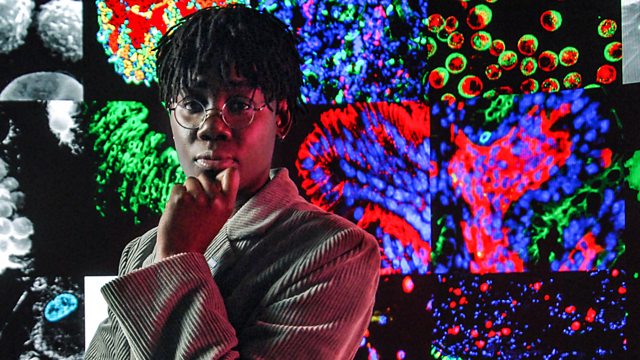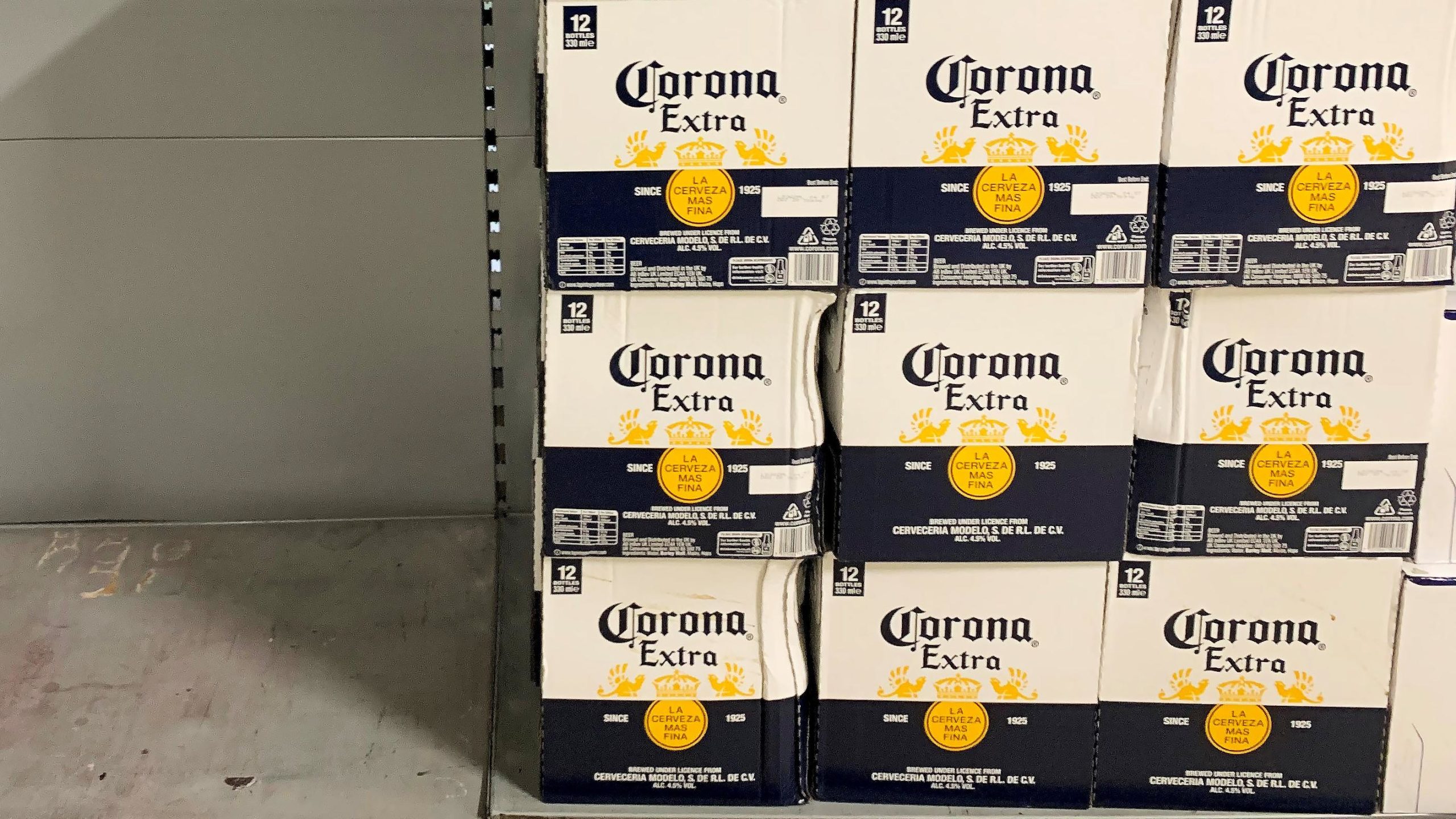It might be a good idea to read this before you crack open a cold one…
In December 2020, the UK government approved the use of both the Pfizer/BioNTech mRNA and the Oxford University/Aztra-zeneca DNA vaccines. In January 2021, the Moderna vaccine became the third to be approved in the UK. Since then, more than 1 million people in the UK have received the Pfizer vaccine, which was approved on the 2nd December. As the Oxford/Astra-zeneca vaccine was approved at a slightly later date, 30th December, patients only started receiving this vaccine as of 4th January 2021. As of 5th January, it was reported that more than 1.3 million people across the UK have been vaccinated by either the Pfizer or the Oxford vaccine, with 650,000 of these aged over 80 years old.
The vaccines have been approved at a crucial time. On 6th January, 62,322 new cases of COVID-19 were reported in the UK alone – an increase in 42.6% from last week. It is no wonder that Boris Johnson announced a third national lockdown in an effort to reduce transmission and carry out mass vaccination. The new lockdown brings with it the familiar rules and restrictions of the first two, but with some key differences. In a blow to the hospitality industry, the government has banned the sale of takeaway alcohol, although the sale of food and soft drinks is still allowed. This poses some questions about why this decision was made – what effect does alcohol have on our bodies and could it impact the effectiveness of the new COVID vaccines?
It is no secret to most of us that drinking alcohol can have a negative effect on our bodies, so much so that we often wake up feeling tired, ill and suffering from a headache – in other words, we wake up with a stinking hangover. There are many studies that highlight the negative impact drinking alcohol can have on the heart, brain, sleep patterns, blood pressure and, importantly, the liver.
As part of “The Truth About…” series on BBC One, Dr Ronx Ikharia investigated the effect of alcohol on the body’s immune system. This particular episode investigated how to boost your immune system, including how consuming alcohol can reduce the body’s ability to fight off diseases, which leads to a higher chance of becoming ill. They conducted an experiment in which Dr Ikharia’s white blood cell count was taken before and after a night of drinking in order to assess immune health. It was found all types of white blood cells decreased in percentage after drinking alcohol, with most drops in the 20-30% region. Alarmingly, the number of lymphocyte T cells (TH17 T) dropped by as much as 50%. Lymphocytes provide a more specific, effective attack against invading pathogens and store memory cells in order to provide long term immunity. A decrease in their abundance means we are much more vulnerable to disease – anything from a common cold or, more worryingly, COVID-19 – and are more likely to be sick for longer as our immune system is depleted.
The episode is available on BBC iPlayer and you can watch it here.

For the students worrying about their immune system, it is important to note that they do recover given enough time between binge drinking episodes in which to increase the number of white blood cells. This increase in vulnerability is not permanent, provided we take care of ourselves and alcohol is consumed in moderation. Although this might be a tall ask given the current circumstances.
Therefore, though it might seem like banning the sale of alcohol might have been a personal attack, it might be that this could be for our own good, and perhaps we should be reducing our alcohol intake anyway in order to give our bodies a good chance of fighting off diseases, including COVID-19.
By Olivia Kolasinski
Header image: The Times.

